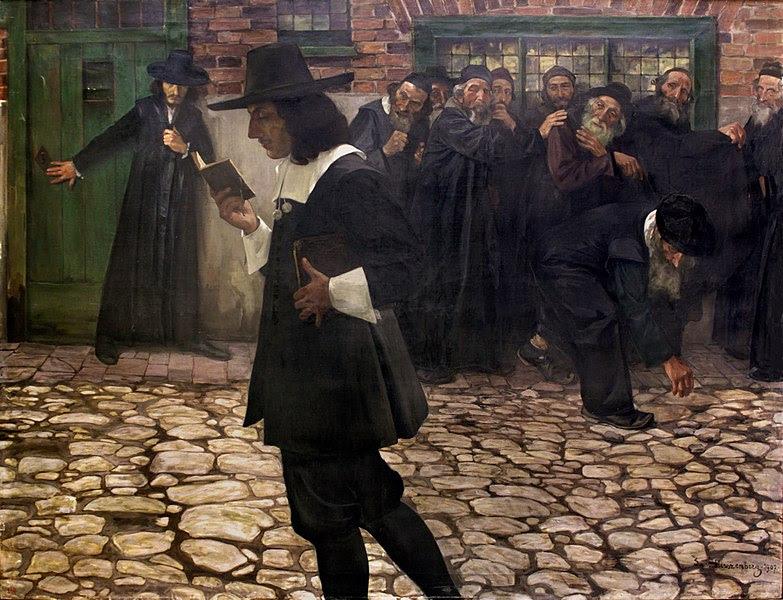In July 1656, Bento (Baruch) de Spinoza was given the harshest herem (ban or ostracism) ever issued by the Amsterdam Portuguese-Jewish community. The text of the ban rains curses down upon the young man, for his “abominable heresies and monstrous deeds”. Unlike other bans issued by the community in the period, it was never rescinded. But why was Spinoza excommunicated with such prejudice? He was only twenty-three years old, not yet the famous (and “scandalous”) philosopher he would later become. In this lecture, we will consider the circumstances of the ban and use them as a way of examining some of the major themes of Spinoza’s philosophy.
Steven Nadler is Vilas Research Professor and the William H. Hay II Professor of Philosophy at the University of Wisconsin-Madison, where he is currently director of the Institute for Research in the Humanities. His books include Think Least of Death: Spinoza on How to Live and How to Die (Princeton, 2020); Menasseh ben Israel: Rabbi of Amsterdam (Yale, “Jewish Lives” series, 2018); A Book Forged in Hell: Spinoza's Scandalous Treatise and the Birth of the Secular Age (Princeton, 2011); The Philosopher, the Priest and the Painter: A Portrait of Descartes (Princeton, 2013), Spinoza: A Life (Cambridge, 1999 [2nd ed. 2016], winner of the Koret Jewish Book Award for Biography), and Rembrandt's Jews (Chicago, 2003, which was named a finalist for the 2004 Pulitzer Prize in general nonfiction). His most recent books are The Portraitist: Frans Hals and His World (Chicago, 2022) and Descartes: The Renewal of Philosophy (Reaktion Books, 2023). He has also published, with his son Ben Nadler, the graphic book Heretics! The Wondrous (and Dangerous) Beginnings of Modern Philosophy (Princeton, 2017). He is a member of the American Academy of Arts and Sciences.

